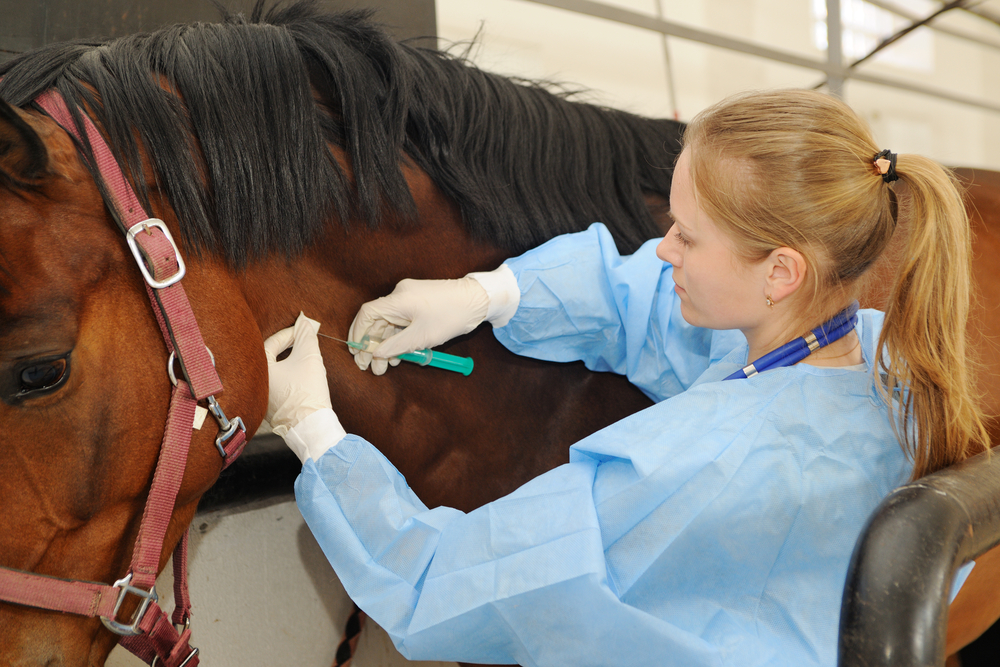A broken horse tooth can be a significant concern for horse owners and enthusiasts. Such dental issues can affect a horse’s overall health and performance. Recognizing the signs and understanding the causes are crucial steps in ensuring the well-being of your equine friend. Early detection and appropriate care can prevent further complications.

Causes of a Broken Horse Tooth
Various factors can lead to a broken horse tooth. These include trauma from chewing hard objects, natural wear and tear, and underlying dental diseases. Horses often chew on fences or other hard surfaces, which can result in tooth fractures. Additionally, improper dental alignment can increase the risk of breakage.
Trauma and Accidents
Accidents, such as a fall or a kick from another horse, can lead to a broken tooth. Such trauma requires immediate attention to prevent infection and further damage. Routine monitoring of your horse’s environment can help minimize these risks.
Natural Wear and Tear
Over time, a horse’s teeth can naturally wear down. This wear can weaken the teeth, making them more susceptible to fractures. Regular dental check-ups can help identify and address issues before they lead to breakage.
Symptoms of a Broken Horse Tooth
Identifying a broken horse tooth early can save your horse from pain and complications. Common symptoms include difficulty eating, excessive drooling, and bad breath. You may also notice swelling around the jaw or face.
Difficulty Eating
A horse with a broken tooth may refuse to eat or chew on one side of its mouth. This behavior is a clear indication that something is wrong and needs veterinary attention.
Excessive Drooling
Excessive drooling can be a sign of a dental issue. It often indicates discomfort or pain in the horse’s mouth, necessitating a thorough dental examination.
Treatment for a Broken Horse Tooth
Treating a broken horse tooth requires professional intervention. An equine dentist or veterinarian will assess the damage and recommend appropriate treatment. Options may include extraction, repair, or monitoring the tooth.
Professional Assessment
A thorough examination by a professional is essential. They will use specialized tools to determine the extent of the damage and the best course of action.
Extraction or Repair
Depending on the severity, the tooth may need to be extracted or repaired. Extraction is often necessary when the tooth is irreparably damaged or poses a risk of infection.
Prevention of a Broken Horse Tooth
Preventive measures are key to maintaining your horse’s dental health. Regular dental check-ups, providing appropriate feed, and ensuring a safe environment can greatly reduce the risk of a broken tooth.
Regular Dental Check-ups
Scheduling regular dental check-ups with an equine dentist can help catch potential issues early. These professionals can perform necessary procedures like floating to maintain dental health. Learn more about the importance of dental work.
Appropriate Feed
Providing your horse with appropriate feed can prevent dental issues. Avoid feeding hard objects and ensure that the feed is nutritionally balanced.
Conclusion
A broken horse tooth is a serious issue that requires attention and care. By understanding the causes, symptoms, and treatments, horse owners can take proactive steps to ensure their horses’ health. Regular dental care, a safe environment, and appropriate nutrition are crucial in preventing dental problems.

FAQ
What should I do if I suspect a broken horse tooth?
If you suspect a broken horse tooth, consult an equine dentist or veterinarian immediately for an assessment and appropriate treatment.
How often should I schedule dental check-ups for my horse?
It’s recommended to schedule dental check-ups at least once a year. However, older horses or those with known dental issues may require more frequent visits.
Can a broken horse tooth heal on its own?
No, a broken horse tooth will not heal on its own. Professional treatment is necessary to prevent complications such as infection or further damage.
For more information about equine dentistry, visit ScienceDirect.
This article contains affiliate links. We may earn a commission at no extra cost to you.
